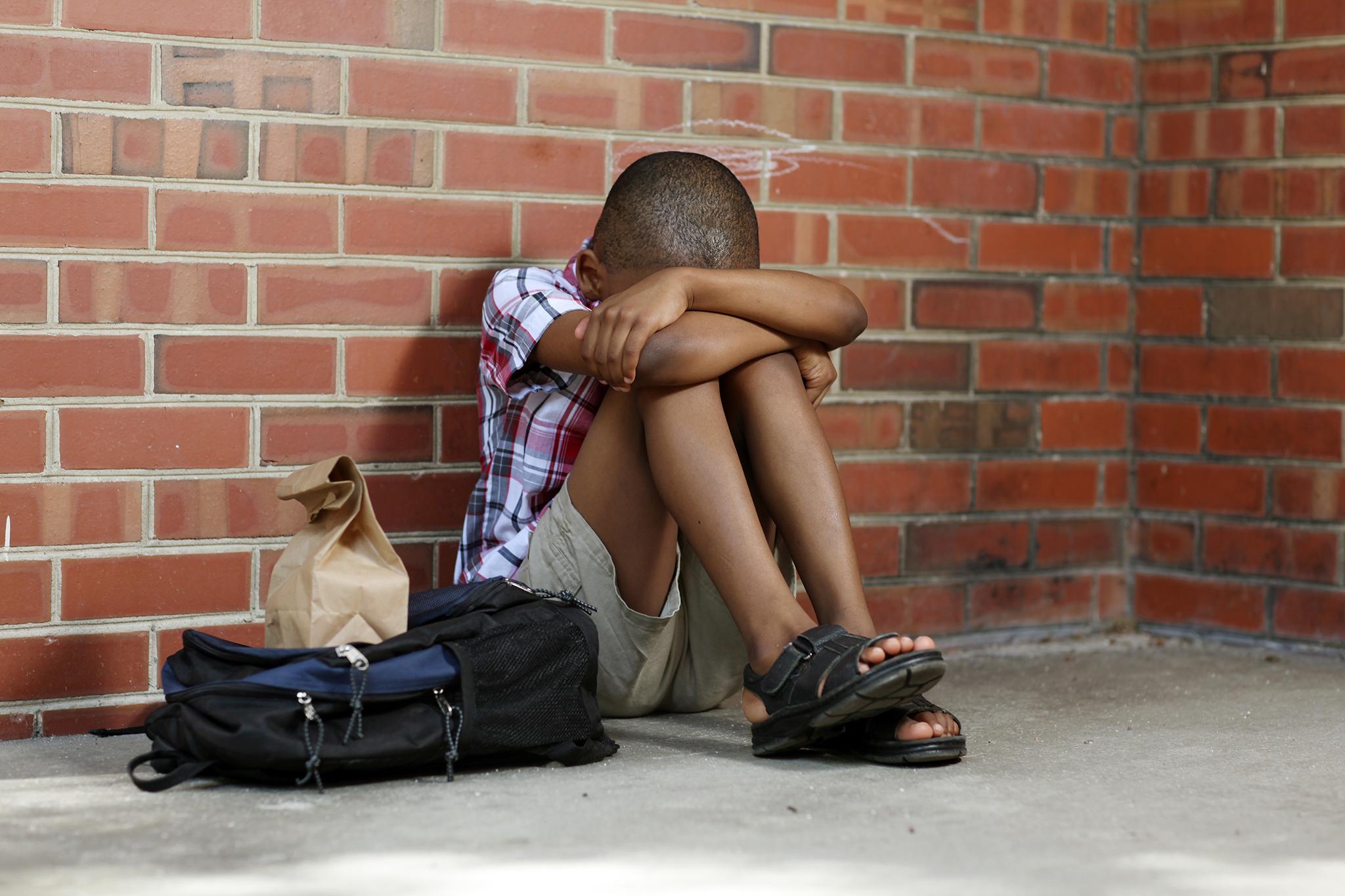Childhood bullying could mean health risks in adulthood, researchers warn
Poor health was a risk for both children who were bullied and children who bullied others

Being bullied as a child could lead to health issues in adulthood, researchers have warned.
According to a study published in Psychological Science, a journal of the Association for Psychological Science, both being a bully and being bullied during childhood could lead to negative health, psychological and financial experiences as an adult.
The study tracked more than 300 men from first grade (aged five to seven years old) until their early 30s. They found that men who were bullies during childhood were more likely to smoke cigarettes, use marijuana, experience stressful circumstances and be aggressive and hostile more than 20 years later.
On the other hand, men who were bullied as children had more financial difficulties, felt more unfairly treated by others and were less optimistic about their future.
Researchers suggested that as previous studies have shown stress, anger and hostility can lead to health risks like cardiovascular disease and high blood pressure both those who bully and those who were bullied are at higher risk of developing serious health conditions later in life.
“The childhood bullies were still aggressive as adults and victims of bullies were still feeling like they were treated unfairly as adults,” Karen A. Matthews, the lead researcher from the University of Pittsburgh, said. “Both groups had a lot of stress in their adult lives so the impact of childhood bullying lasts a long time.”
The long-term study began in 1987 and 1988 by observing around 500 boys in Pittsburgh. More than half of the boys in the original study were black and researchers noted the overall results were fairly similar for both black and white men.
The boys were regularly assessed and data was collected from children, parents and teachers on bullying behaviour when the boys were aged between 10 to 12 years old. Of the 500 original participants, 300 were later recruited to complete questionnaires on their stress levels, health history and socioeconomic status. Around 260 were tested for their health in labs. Many of the original participants could not take part later on because they were deceased or incarcerated, researchers noted.
The authors suggested that children who are at risk of either being bullied or becoming involved in bullying would benefit from early intervention so to yield long-term psychosocial and physical health benefits.
Join our commenting forum
Join thought-provoking conversations, follow other Independent readers and see their replies
Comments
Bookmark popover
Removed from bookmarks